In this exclusive conversation, Vibhuti Sukhramani, Head (India & South Asia Office), Freie University Berlin (FUB), shares with Anannya Saraswat, Reporter (Public Sector & Leadership) at APAC Media, insights on the university’s popular programs, student support systems, career opportunities, and the evolving higher education relationship between India and Germany.
As Indian students increasingly look to Germany for affordable, high-quality education, FUB has emerged as a leading choice. With its diverse academic offerings, strong research environment, and dedicated support for international students, the university is strengthening educational and research ties between the two countries.
How is Freie University Berlin (FUB) positioning itself to attract Indian students amid increasing visa challenges in countries like the UK, the US, and Canada?
Freie Universität Berlin, recognized as a University of Excellence, attracts a large number of Indian students every year. In fact, Indian students form the largest group of international students in Germany. The main reasons are the high quality of education, internationally respected degrees, and the fact that most public universities in Germany, including FUB, charge little to no tuition fees, making it far more affordable compared to studying in the USA, UK, or Canada.
Located in the heart of Berlin, Freie Universität is a reputed institution offering a wide range of courses across diverse disciplines, including traditional engineering fields. Medical studies are conducted at Charité – Universitätsmedizin Berlin, a joint faculty of Freie Universität and Humboldt Universität and a key member of the Berlin University Alliance.
Could you highlight some of the most popular courses among Indian students at FUB? How do these programs align with current and future industry demands, both globally and in the emerging markets of India?
Among the Master’s programs at Freie Universität Berlin, the most popular are in Chemistry, Mathematics, and Physics, followed closely by Data Science. These fields are in high demand in the job market, and graduates typically find employment opportunities relatively easily.
At the same time, FUB also attracts students, though in smaller numbers, to programs such as Global History, North American Studies, and Interdisciplinary Studies of the Middle East, reflecting the university’s broad academic portfolio beyond the sciences.
Is the university working with industry partners in designing or updating curricula to ensure relevance and employability?
FUB’s Career Service plays an active role in supporting students’ professional development. At the Bachelor’s level, degree programs include a range of general professional skills courses in areas such as sustainability, IT and media, and foreign languages, along with opportunities for professional internships. These help students build practical skills and gain work experience alongside their academic studies.
What specific support systems are in place at the university to help Indian students adapt to life and studies in Germany? Are there any scholarships, mentorship programs, or language support services specially tailored for Indian students?
Freie Universität Berlin hosts more than 9,000 international students across all degree levels and offers a wide range of support services tailored to their needs. These include German language training (both intensive pre-semester courses and classes during the semester), advising and mentoring programs, as well as access to financial support through numerous Deutschlandstipendium scholarships funded by private and corporate partners.
In addition, the university’s Centre for International Cooperation organizes annual student gatherings, providing a platform for international students to share their experiences, discuss challenges, and connect with peers and mentors who can help them find solutions.
How does FUB support international students in securing post-study work opportunities? Are there dedicated career services that help Indian students connect with employers in Germany?
FU Berlin’s FUSE Project, funded by the DAAD, offers a variety of workshops and programs designed to help students integrate more effectively into the German labor market. The project connects students with industry partners, supports them in finding internships, and also provides peer mentoring opportunities to strengthen both professional and social integration.
How has FUB integrated digital technologies into teaching, research, and student services? What role does hybrid or online learning play in the university’s long-term academic delivery strategy, especially post-pandemic?
Like many other institutions, FUB has fully embraced online learning during COVID and continues to develop online formats in combination with in-person learning for an ideal student experience. Together with Berlin’s state-funded universities, a project for the promotion of Collaborative Online International Learning (COIL) was implemented, which builds a cornerstone for flexible use of online teaching together with FUB’s international partners.
What kind of partnerships, if any, has FUB undertaken with Indian institutions or education bodies?
FU Berlin has established numerous exchange partnerships and MoUs that promote student and staff mobility, research collaborations, and joint project funding. These partnerships span a wide range of disciplines, covering the natural and life sciences as well as the social sciences and humanities.
How do you see the India-Germany higher education relationship evolving, particularly in STEM, research, and business studies?
The India-Germany higher education relationship is growing steadily, particularly in STEM, research, and business studies. We see increasing activity not only in joint research projects but also in collaborative teaching between German and Indian institutions.
A key focus is on encouraging the mobility of talent in STEM fields, enabling students and researchers from both countries to build strong, long-term partnerships. At the same time, we are supporting initiatives that foster entrepreneurship and start-ups, including those with Indian and German co-founders, which strengthen academic, industrial, and innovation linkages between the two countries.







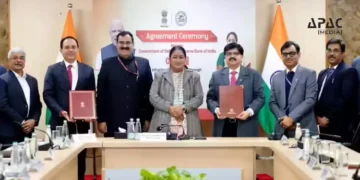


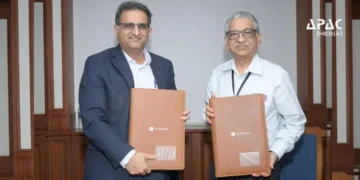
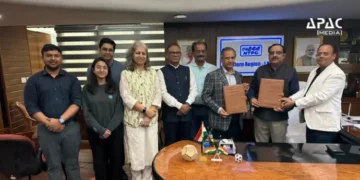








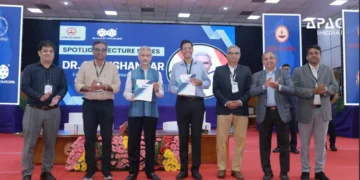





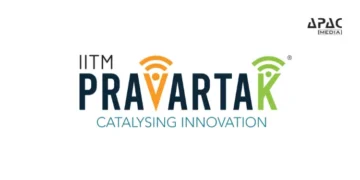
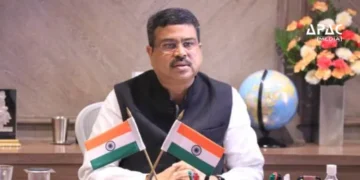












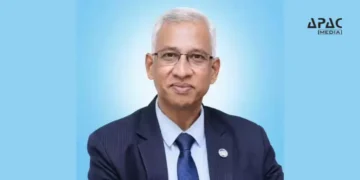
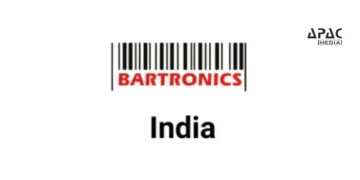

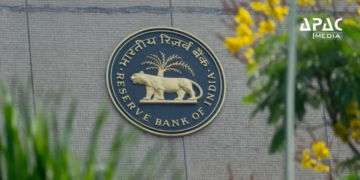






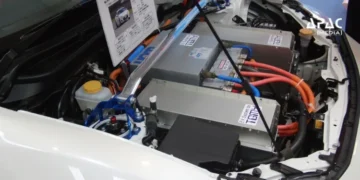







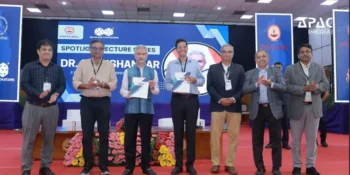


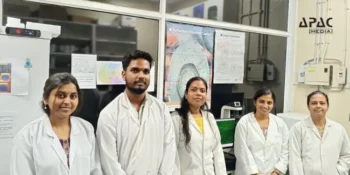







Discussion about this post